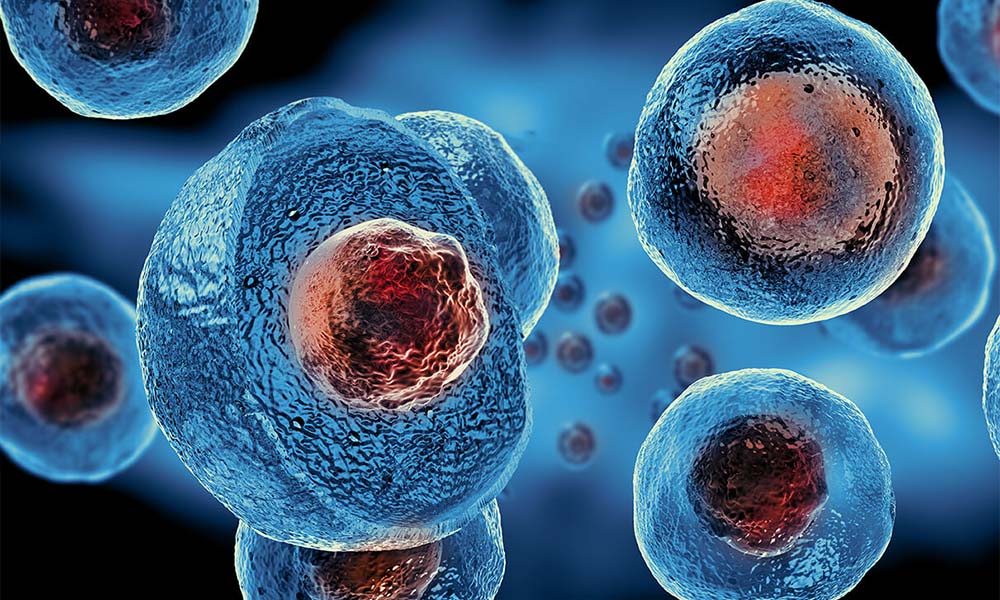
Stem cells are crucial for the human body as they have the ability to renew themselves and transform into different cell types. Unlike muscle and nerve cells, stem cells can divide and reproduce, making them essential for tissue and organ regeneration. They can differentiate into specialized cells, fulfilling vital functions like oxygen transport and neural transmission. However, as age progresses, the number of stem cells decreases, leading to irreparable damage to tissues and organs. Stem cell therapy plays a vital role in treating diseases that may result in death, certain types of cancer, and congenital blood diseases.
Stem cells are the foundational cells that make up all tissues and organs in the human body. They have the unique ability to transform into any cell type needed for regeneration and repair. There are different types of stem cells, including embryonic stem cells, somatic stem cells (tissue-specific or adult stem cells), and induced pluripotent stem cells (iPS cells). Stem cell therapy involves transplanting stem cells from the patient's own body, a compatible donor, or from other sources like adipose tissue or bone marrow to treat various diseases and injuries. As scientific research advances, stem cell therapy shows promise in treating progressive diseases like Alzheimer's, Parkinson's, and neurological disorders caused by spinal cord injuries and cerebral vascular occlusion.
Stem cell therapy involves using stem cells from peripheral blood, bone marrow, or cord blood. Autologous transplantation involves transplanting the patient's own stem cells to the damaged area, while allogeneic transplantation uses stem cells from another donor. In some cases, haploidentical transplantation may be necessary when a perfect match is not available. The success rate of the treatment varies based on the disease type, duration, and complications. Stem cell therapy is applied in various medical fields, including orthopedics, neurology, ophthalmology, and traumatology, and is used to treat diseases such as bone marrow cancers, organ cancers, anemia, immunodeficiency disorders, and hereditary metabolic diseases.
Any healthy person aged 18 to 50 can become a stem cell donor. The most common donation method involves collecting stem cells from peripheral blood. The donor receives medication to stimulate stem cell production, and the stem cells are collected from the blood through a special machine. Another donation method is bone marrow collection, where stem cells are collected from the pelvis bone under general anesthesia. Donating stem cells is a safe and straightforward process, and it can save lives by providing crucial treatments for patients in need.
For a healthy life, it is essential to have regular check-ups and consider becoming a stem cell donor to contribute to life-saving treatments.

